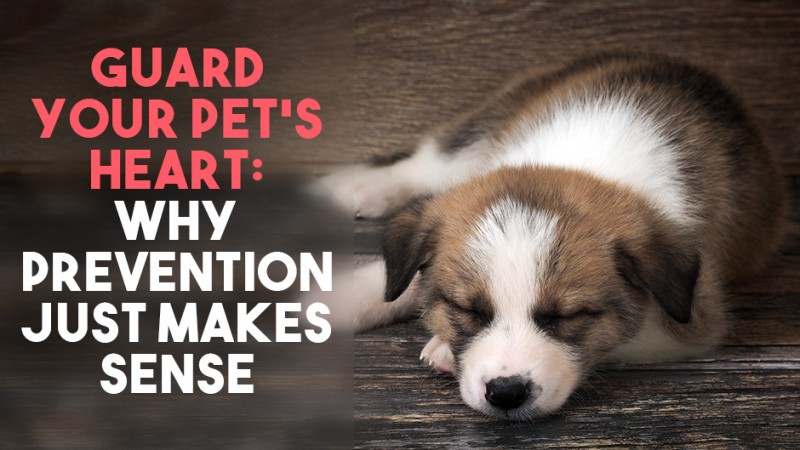Turner Veterinary Clinic News
Guard Your Pet’s Heart: Why Prevention Just Makes Sense

The heartworm parasite presents a serious and sometimes fatal threat to companion animals. Unfortunately, it is not difficult for your pet to be infected, and it’s difficult to treat in dogs. There is no heartworm treatment for cats.
In it Together - Devoted Resolutions

It’s a new year, and you have vowed to get in shape and improve your health. Although you might have made this resolution before only to fall back into old habits before the end of January, you mean it this time. The good news is that having a pet gives you even more motivation to achieve better health. Not only does the love of your furry companion give you the incentive to take better care of yourself, but it encourages you to improve your pet’s health as well.
Looking For a Special Gift for Your Pet?

Looking For a Special Gift for Your Pet?
Your pet is a loved and valuable member of your family, so it only makes sense that you want to buy him a special holiday gift. If you decide on a toy, we at Turner Veterinary Clinic would like to remind you of the following important safety considerations:
Categories
Recent Posts

February is often associated with love, thanks to Valentine’s Day, and that makes it a perfect time to show extra care to the pets who mean so much to us. While treats and cuddles are always appreciated, one of the most meaningful ways to support your pet is by focusing on their health from the inside out. Dental health and heart health may seem like separate topics, but they are closely connected and both play a major role in your pet’s overall wellness.

When was the last time your pet saw the veterinarian for a checkup, not because they were sick, but just to stay healthy? Preventive care is one of the most important ways to give your pet a longer, happier life. It’s not about doing one big thing. It’s about the small, consistent steps that help avoid bigger health problems later on.

The holidays are full of sparkle, laughter, travel, and to-do lists a mile long. As joyful as this season can be, it often means busier schedules and less time for everyday routines. In the middle of the holiday rush, it's easy to overlook one very important family member: your pet.

If you're lucky enough to have a senior pet, you know just how special that bond becomes over time. From cozy afternoons on the couch to the look in their eyes that says, "I've known you forever," there’s a deep and quiet understanding between you. As pets get older, though, their needs change. Aging isn’t a disease, but it does require us to adapt how we care for our beloved companions.
The good news? With the right care and attention, senior pets can enjoy happy, healthy golden years. Here are seven simple but meaningful health tips to help your older dog or cat feel their best.

Has your dog seemed a little more reserved lately, or is your cat less interested in playing with their favorite toys? It can be easy to attribute these changes to aging or mood, but pets are experts at hiding discomfort. The good news is that there are plenty of subtle signals that can provide clues that your pet may be experiencing pain, and many treatment options to help alleviate this discomfort.